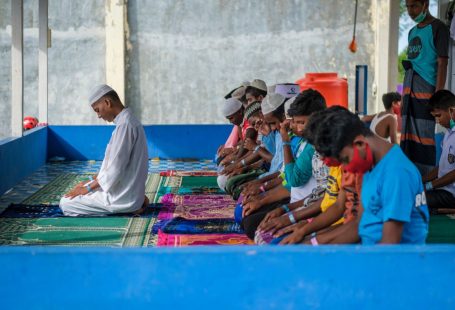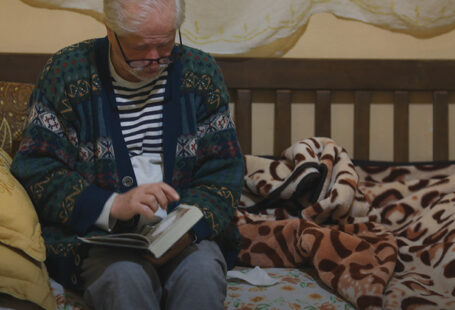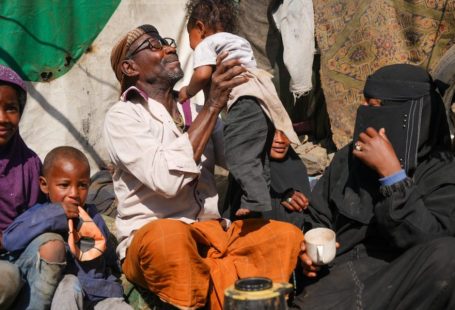UNHCR, The UN Refugee Agency has unveiled its Mid-Year Islamic Philanthropy (IP) Report. The figures released show that the support received in the first half of 2023 will positively aid the lives of more than 1.5 million individuals in 21 countries.
Over 110 million people, more than 1% of the global population, are forcibly displaced. UNHCR’s Islamic philanthropy has become a key element in the response to this displacement crisis and provides an essential lifeline to millions of refugees, internally displaced persons (IDPs), and hosting populations around the world. In particular, the global organization’s Refugee Zakat Fund is playing an instrumental role.
The Refugee Zakat Fund received more than $14.4 million of Zakat funds in support through the first six months of this year. The funds are being distributed to eligible beneficiaries as per the 100% Zakat distribution policy, aligning with 16 endorsements received by UNHCR. In total, Zakat funds are projected to assist over 1.1 million eligible refugees and IDPs across 18 countries. This includes locations like Afghanistan, Bangladesh, Ethiopia, India, Indonesia, Jordan, Lebanon, Mauritania, Syria and Yemen.
Sadaqah contributions exceeded $13.2 million during the same period. These donations are aiding more than 426,000 beneficiaries in 11 countries which include Afghanistan, Ethiopia, Kenya, Pakistan, Syria, Uganda and Türkiye.
In June 2023, UNHCR expanded its Sadaqah Jariyah campaign with the purpose of improving the lives of displaced people in Ethiopia. This campaign focused on alleviating water scarcity in drought-affected regions through rehabilitation of boreholes in Ethiopia, with a goal of benefiting a total of 117,000 beneficiaries across the targeted locations. These essential initiatives aim to provide essential access to clean water for people, local crops and livestock, bringing much-needed relief to these communities.
Zakat and Sadaqah contributions continue to promote the achievement of multiple Sustainable Development Goals (SDGs), particularly No Poverty (SDG 1), Zero Hunger (SDG 2), Good Health and Well-being (SDG 3), Quality Education (SDG 4), and Clean Water and Sanitation (SDG 6).
Since its inception in 2017, the fund has supported over 7.6 million refugees and IDPs in 27 countries, demonstrating the power and potential of Islamic philanthropy instruments in responding to humanitarian crises.










Social Profiles